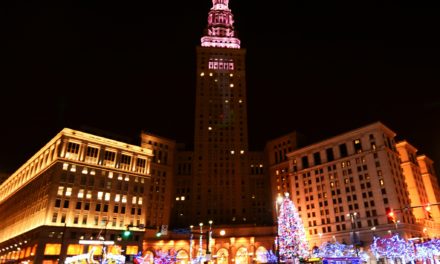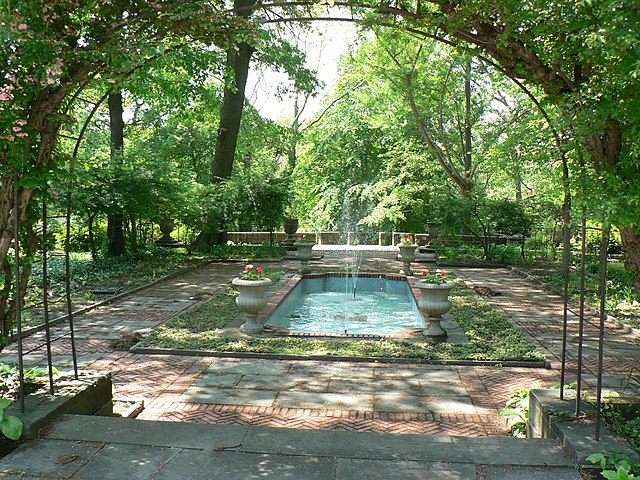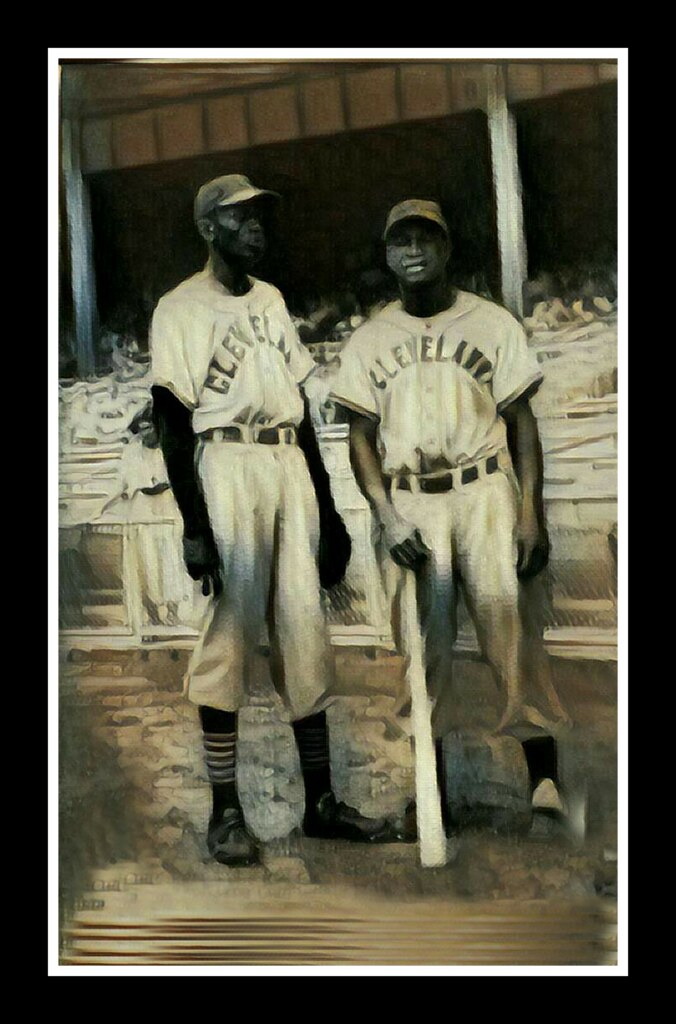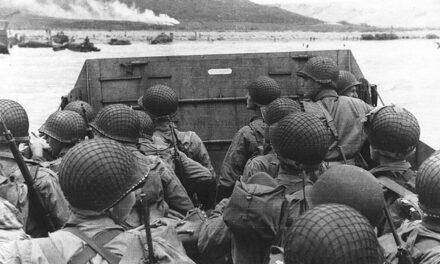CLEVELAND HISTORY
Founding of Cleveland State University (March 31, 1964): Cleveland State University was established on this date through the transformation of Fenn College, a private institution, into a state university. This change marked significant growth in educational opportunities in the Cleveland area, emphasizing urban education and public service.
First Issue of The Plain Dealer Published (April 1, 1842): The Plain Dealer, Cleveland’s long-standing daily newspaper, published its first issue on this date. It has since become a major news source for the Northeast Ohio area, with extensive coverage of local, state, and national news.
Opening of the Cleveland Museum of Art (April 2, 1916): The Cleveland Museum of Art, renowned for its substantial collections and contributions to the arts, opened to the public. It has since become one of the most visited art museums in the world, known for its significant cultural and educational impacts.
Groundbreaking of Progressive Field (April 4, 1992): Groundbreaking ceremonies for Progressive Field, then known as Jacobs Field, took place, marking the beginning of construction for the modern ballpark that would become home to the Cleveland Indians (now Guardians) Major League Baseball team.
Inauguration of the Greater Cleveland Aquarium (April 6, 2012): The Greater Cleveland Aquarium was inaugurated, adding a significant attraction to the city’s landscape. The aquarium features a wide range of aquatic life and interactive exhibits, enhancing educational and recreational opportunities for residents and visitors alike.
WORLD HISTORY
Eiffel Tower Officially Opens (March 31, 1889): The Eiffel Tower, designed by Gustave Eiffel for the 1889 Exposition Universelle (World’s Fair) held to celebrate the 100th anniversary of the French Revolution, was officially opened to the public. Standing at 324 meters, it was the tallest man-made structure in the world until the completion of the Chrysler Building in New York in 1930. Initially criticized, it has become a beloved symbol of French innovation and a major tourist attraction.
Apple Computer Company Founded (April 1, 1976): Apple Inc. was established by Steve Jobs, Steve Wozniak, and Ronald Wayne in Cupertino, California. The company was started in the garage of Jobs’ parents’ house and initially focused on personal computers. Apple would go on to revolutionize multiple industries with products like the iPhone, iPad, and MacBook, significantly impacting global technology and culture.
Juan Ponce de León Discovers Florida (April 2, 1513): Spanish explorer Juan Ponce de León, searching for the mythical Fountain of Youth, landed on the northeastern coast of what is now known as Florida. He named the region “La Florida,” referencing the lush, floral vegetation and the fact that his discovery coincided with the Spanish feast of Pascua Florida (Festival of Flowers). This event marked the beginning of Spanish influence in the region.
Assassination of Martin Luther King Jr. (April 4, 1968): Civil rights leader Dr. Martin Luther King Jr. was assassinated by James Earl Ray at the Lorraine Motel in Memphis, Tennessee, where King had traveled to support a sanitation workers’ strike. His death led to an outpouring of anger and grief across the country and was a crucial moment in the Civil Rights Movement, underscoring the ongoing struggle for racial equality in America.
First Modern Olympic Games (April 6, 1896): The first modern Olympic Games were opened in Athens, Greece, revitalizing the ancient Olympic tradition. Organized by the International Olympic Committee, founded by Pierre de Coubertin, the games featured 241 athletes from 14 nations competing in 43 events. This marked the beginning of the modern international sports competition, held every four years, with a focus on promoting peace and mutual understanding through athletic competition.







